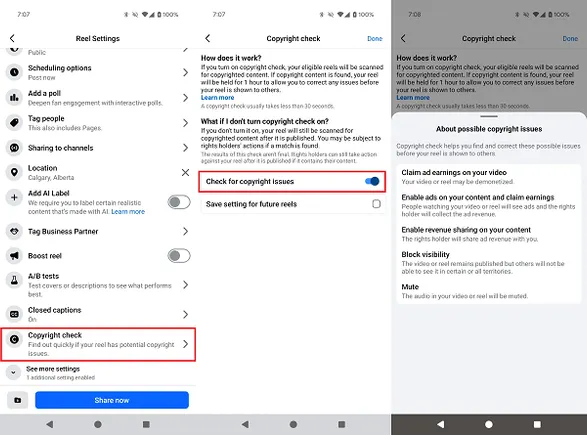Google removes 17 features from Google Assistant
Users will be notified if an Assistant feature is being removed when they activate one of the utilities affected. | Illustration: The VergeSeveral “underutilized” Google Assistant features will soon be joining the infamous Google graveyard — such as the...
/cdn.vox-cdn.com/uploads/chorus_asset/file/24016885/STK093_Google_04.jpg)
Several “underutilized” Google Assistant features will soon be joining the infamous Google graveyard — such as the ability to use your voice to send an email, video, or audio messages — as the search giant introduces changes it says will make the feature easier to use. The company is also changing how the microphone works in the Google app and Pixel Search bar.
Starting January 26th, users who activate any of the 17 Assistant features being removed will be notified that it’s being discontinued, with most features departing for good on February 26th, according to 9to5Google. This news comes less than a day after Google announced it was laying off around a thousand employees, some of whom worked on Google Assistant.
The Assistant features being removed will impact mobile, smartwatch, and smart speaker/display devices, though Google does offer workarounds to replicate some lost functionality. However, some features such as the Calm meditation service integration, are being removed entirely. The alternatives users are directed to are also not directly equivalent to many of the deleted features.
Here’s the full list of what’s being removed, as published by Google:
Playing and controlling audiobooks on Google Play Books with your voice. You can still cast audiobooks from your mobile device.
Setting or using media alarms, music alarms, or radio alarms on Google Assistant enabled devices. You can create a custom Routine that has similar behavior or use a standard alarm.
Accessing or managing your cookbook, transfering recipes from device to device, playing an instructional recipe video, or showing step-by-step recipes. You can use Google Assistant to search for recipes across the web and YouTube.
Managing a stopwatch on Smart Displays and Speakers. You can still set timers and alarms.
Using your voice to call a device or broadcast a message to your Google Family Group. You can still broadcast to devices in your home.
Using your voice to send an email, video or audio message. You can still make calls and send text messages.
Rescheduling an event in Google Calendar with your voice. You can still schedule a new event.
Using App Launcher in Google Assistant driving mode on Google Maps to read and send messages, make calls, and control media. You can still use voice control on Google Maps the same way.
Asking to schedule or hear previously scheduled Family Bell announcements. You can create a custom Routine that has similar behavior.
Asking to meditate with Calm. You can still ask for meditation options with media providers such as YouTube.
Voice control for activities will no longer be available on Fitbit Sense and Versa 3 devices. You’ll need to use the buttons on your device to start, stop, pause, and resume activities. You can still voice control activities on Pixel Watches.
Viewing your sleep summaries will only be available on Google Smart Displays. You can still ask for sleep details by voice on third-party smart clocks.
Calls made from speakers and Smart Displays will not show up with a caller ID unless you’re using Duo.
Viewing the ambient “Commute to Work” time estimates on Smart Displays. You can still ask for commute times and get directions by voice.
Checking personal travel itineraries by voice. You can still ask for flight status.
Asking for information about your contacts. You can still make calls to your contacts.
Asking to take certain actions by voice, such as send a payment, make a reservation, or post to social media. You can still ask Assistant to open your installed apps.
Some changes are also being made to the Google app, which will now trigger Search responses when the microphone icon is tapped. Users will no longer be able to use the Search bar microphone to complete actions like turning on lights, for example. Pixel devices will also be affected by this, as the microphone in the Pixel Search bar will now launch Voice Search instead of Assistant.
Streamlining what the Google Assistant platform can do may make it easier to use (or at least, less convoluted) in the long run, but the loss of functionality is sure to be disruptive for the people that use those features. You can find out more information about the changes on the Google Assistant help page.

 Aliver
Aliver 































